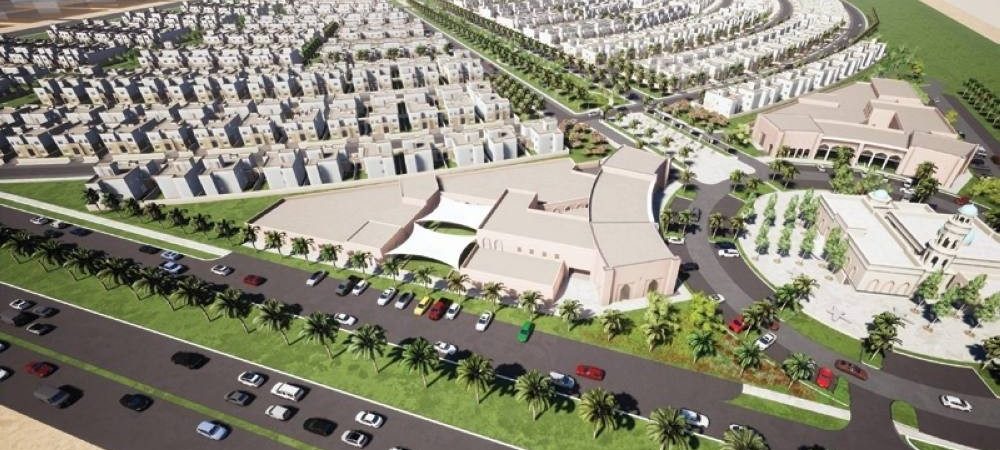
Oman’s Ministry of Housing and Urban Planning ( MoHUP) has announced its roadmap for 2024 which will encompass 130 initiatives of which blockchain technology will play a part. The Oman Ministry of Housing intends to launch a unified portal with one of its main components being blockchain.
The plan hinges on four key pillars: empowering people, embracing a digital leap, strengthening foundations, and building together. These guiding principles will translate into tangible actions, such as capacity-building programs, streamlined processes through technology, clear regulations, and enhanced public engagement.
Urban planning takes center stage, with initiatives like the implementation of the Greater Muscat City structural plan and the development of comprehensive plans for major centers like Greater Sohar and Salalah. Future cities like Sultan Haitham City and Al Jabal Al Akhdar will see significant progress, while the development of Khasab will gain momentum.
As part of its commitment to ensuring “Housing for All”, the Ministry has outlined a number of programs. The Mandaa Project will provide safe havens in Jabal Shams, while mountain villages will receive 84 new residential units. The Kamzar Housing Project and initiatives in the Al-Halaniyyat Islands address specific needs, and relocation and renewal efforts will bring modern housing to Soqara residents and revitalize Wadi Bani Khalid and Qurayyat.
Beyond these specific initiatives, the plan outlines ambitious goals like distributing 1,000 government residential plots, establishing 1,200 housing units within the housing assistance program, and securing RO 1.9 billion for housing loans with the Oman Housing Bank. The completion of 1,051 housing units in Al-Naseem and the offering of 5,300 units through the Sorouh Program further demonstrate the Ministry’s commitment to tangible outcomes.
All this will include a digital transformation journey with the digitization of all Ministry services and the launch of a unified portal leveraging blockchain technology. Key legislation related to urban planning, real estate, and housing will solidify the legal framework for sustainable development.
Previously, the digital revolution permeated the Ministry’s operations, with 56 services automated on platforms like Tatweer and Amlak. This shift not only streamlined processes but also empowered citizens with convenient online access.
In January 2024, The Oman Development Bank announced as well that it would be digitizing its operations utilizing low code blockchain enabled solutions from NewGen Software. Newgen Software, a global provider of low code digital transformation platform will streamline Oman Development Bank’s banking processes.
In addition, the Ministry of Transport Communications and Information Technology announced earlier in February that it would be piloting Blockchain Land transport eWay Bill.
Even ESCWA in February organized a training workshop in Oman on blockchain technology for trade facilitation. The workshop is part of a project to build the capacities of member countries to use the blockchain technology to enhance trade facilitation and competitiveness. Participants included Omani officials from various agencies including the Ministry of Transport and Information Technology, Ministry of Trade, Customs authorities and Oman Logistics Center.










